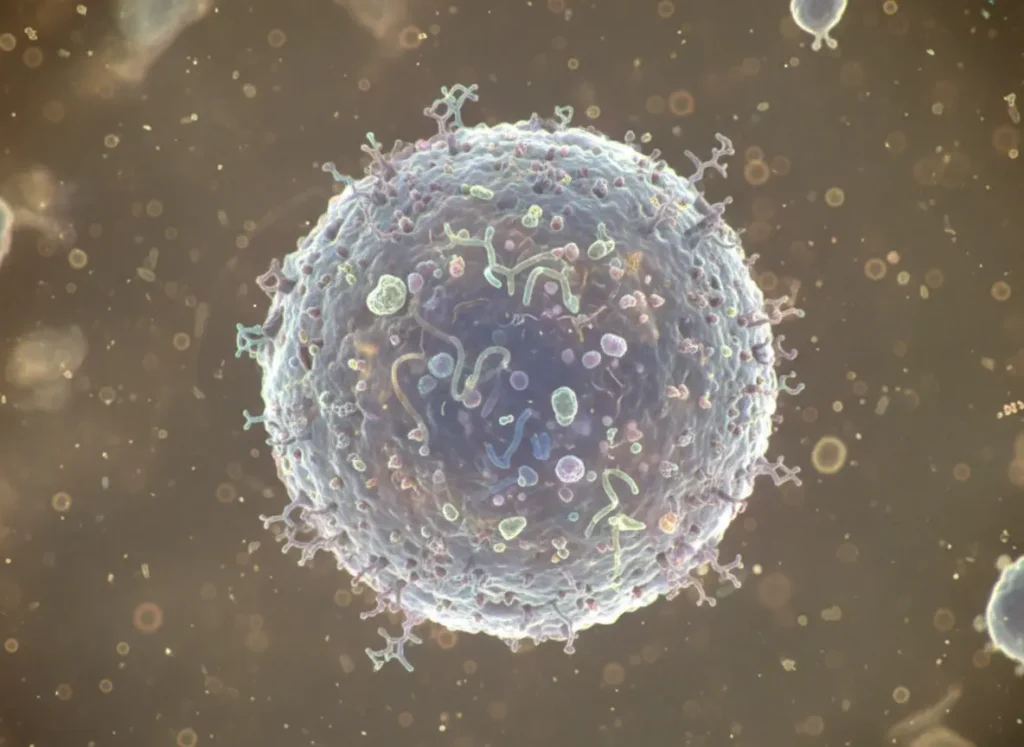P-Shot Explained: A Revolutionary Male Sexual Health Treatment
For many men, changes in sexual performance and confidence are difficult topics to address, yet they are incredibly common as we age. Whether you are dealing with decreased sensation, erectile dysfunction, or simply want to optimize your vitality, traditional medications aren’t the only answer. At Tucson Wellness MD, we believe in regenerative solutions that address the root cause of the issue rather than just masking symptoms. One of our most effective offerings is the Priapus Shot, commonly known as the P-Shot. This innovative treatment utilizes your body’s own healing capabilities to rejuvenate tissue and restore function. In this post, we will have the P-Shot explained in detail, helping you understand how this natural therapy works and why it is transforming men’s wellness.
Understanding the P-Shot: How PRP Therapy Works for Men
To have the P-Shot explained effectively, we must first look at the science behind it: Platelet-Rich Plasma (PRP). The P-Shot is a regenerative male sexual health treatment that uses PRP harvested from your own blood. Your blood contains platelets, which are rich in bioactive proteins and growth factors essential for tissue healing and regeneration.
During this procedure, we draw a small amount of your blood and spin it in a centrifuge to separate the platelets from the red blood cells. The resulting gold-colored fluid is highly concentrated PRP. When injected into specific areas of the penile tissue, these growth factors trigger a healing response. This stimulates the growth of new blood vessels (neovascularization) and improves cellular health. Unlike synthetic drugs that force a temporary reaction, PRP therapy for men encourages the body to repair itself naturally, leading to sustainable improvements in blood flow and tissue quality.
Why Men Choose the P-Shot: Treating ED and Peyronie’s Disease
The P-Shot is a versatile solution that addresses a wide spectrum of concerns regarding sexual function. It is widely sought after as an erectile dysfunction solution for men who cannot tolerate traditional medications or for those seeking a more natural approach. By repairing aged or damaged blood vessels, the treatment improves circulation, which is critical for maintaining strong erections.
However, the benefits extend beyond ED. The P-Shot is also a primary therapy for Peyronie’s disease therapy. The growth factors can help break down the scar tissue (plaque) that causes penile curvature, helping to straighten the penis and reduce pain. Furthermore, many patients report a significant sexual performance boost, including increased sensitivity, improved stamina, and in some cases, an increase in length and girth due to rejuvenated tissue. It is a comprehensive tool for optimizing male confidence.
The TWMD Experience: A Quick and Safe Men’s Wellness Procedure
At Tucson Wellness MD, we prioritize your comfort and safety. We understand that the idea of an injection in sensitive areas can be intimidating, but the P-Shot is a quick, minimally invasive men’s wellness procedure with little to no downtime.
The entire visit typically takes less than an hour. After drawing your blood and preparing the PRP, we apply a powerful compounded numbing cream to the treatment area to ensure the procedure is virtually painless. Once numbness is achieved, the PRP is injected using a specialized technique. Most men report feeling only pressure, not pain. Because the treatment uses your own blood, there is practically no risk of allergic reaction or rejection. You can generally resume normal daily activities immediately, making it an incredibly convenient option for the busy modern man.
Conclusion
The P-Shot represents a paradigm shift in how we approach male sexual vitality, moving away from temporary fixes toward genuine tissue regeneration. By harnessing the power of your own body, this treatment offers a safe, natural, and effective way to overcome erectile dysfunction, treat Peyronie’s disease, and achieve a noticeable sexual performance boost. At Tucson Wellness MD, we are dedicated to helping you live your best life with confidence. If you are ready to explore the benefits of the P-Shot, contact us today to schedule your consultation and take the first step toward revitalized sexual health




